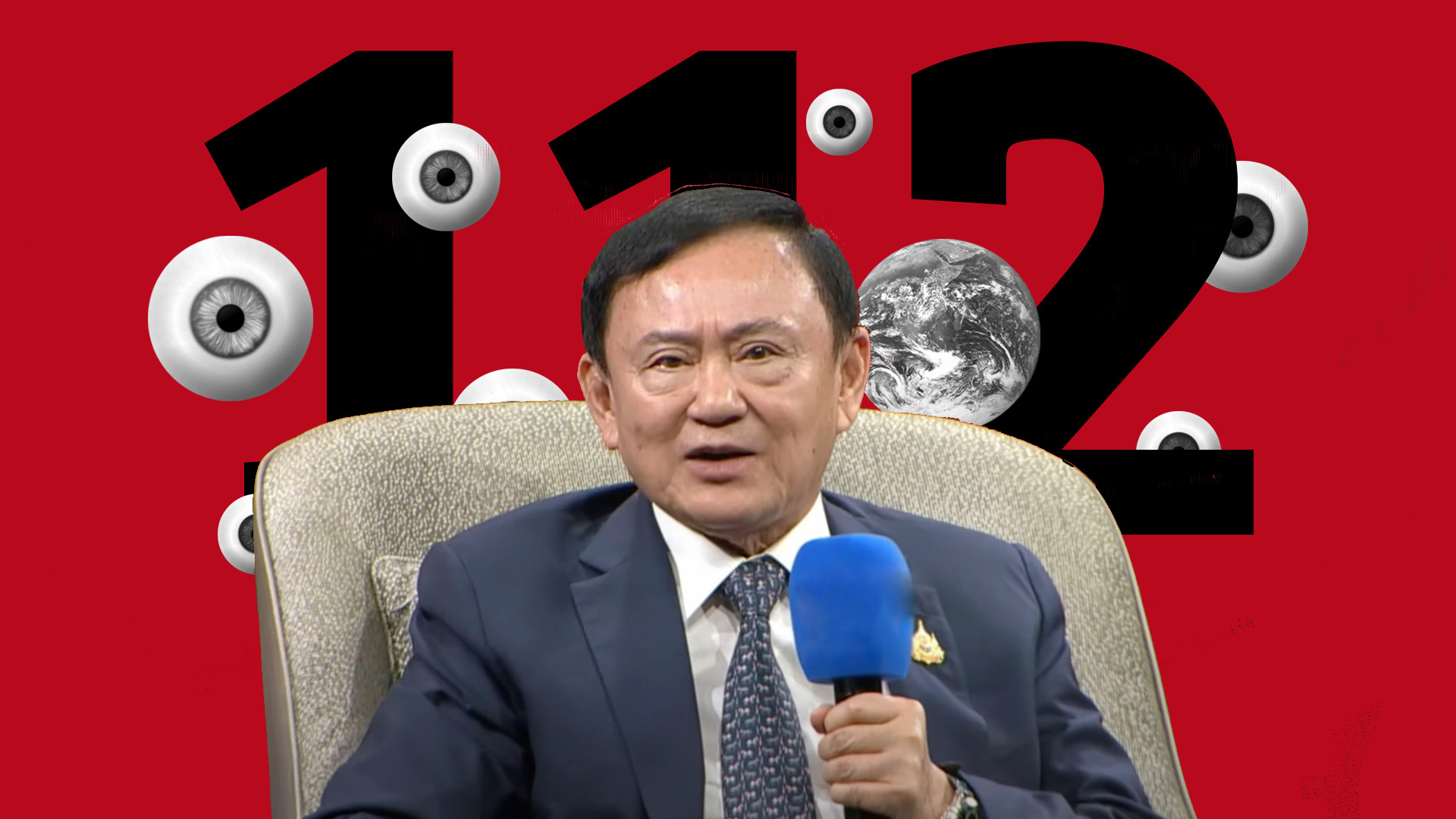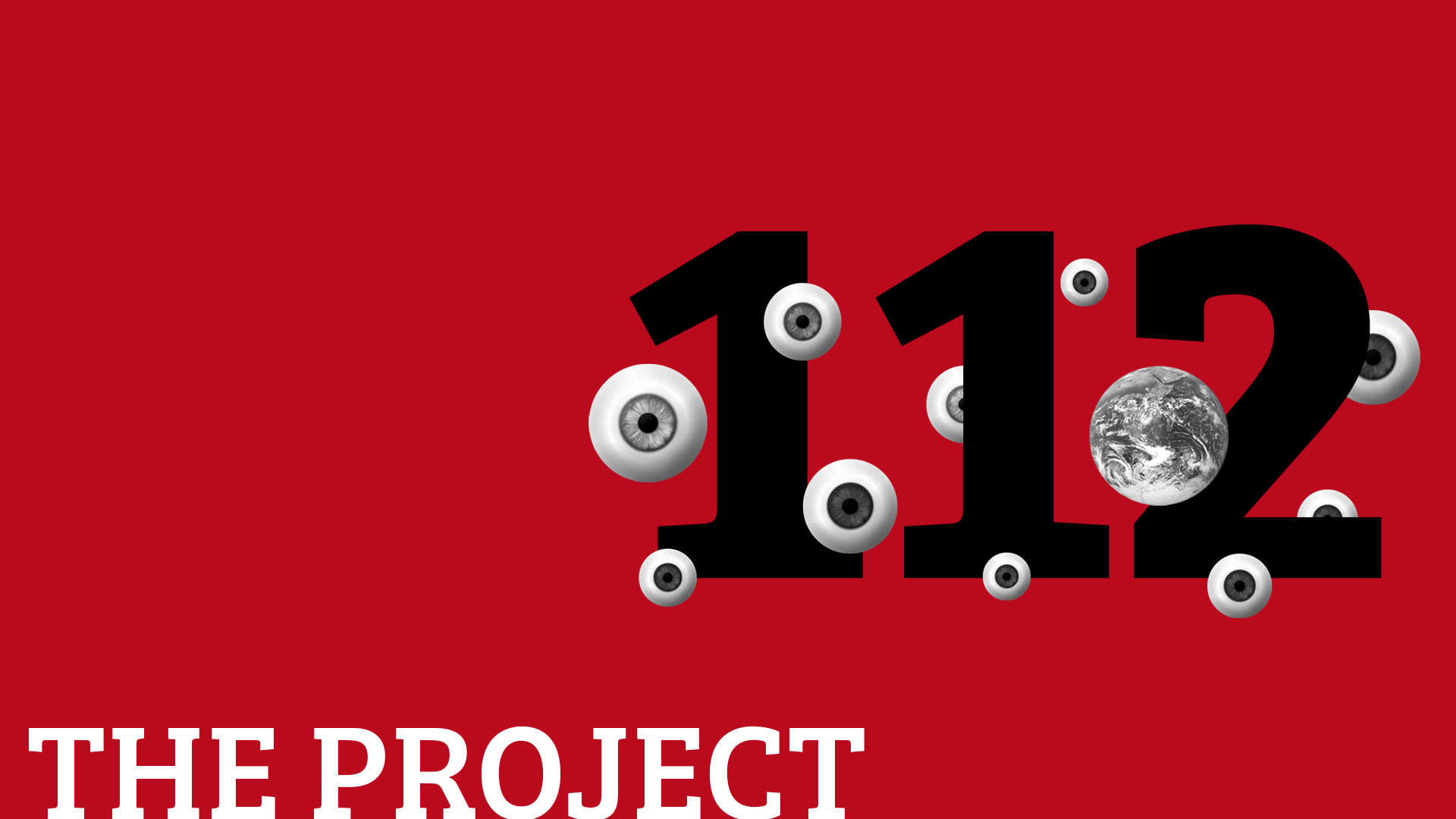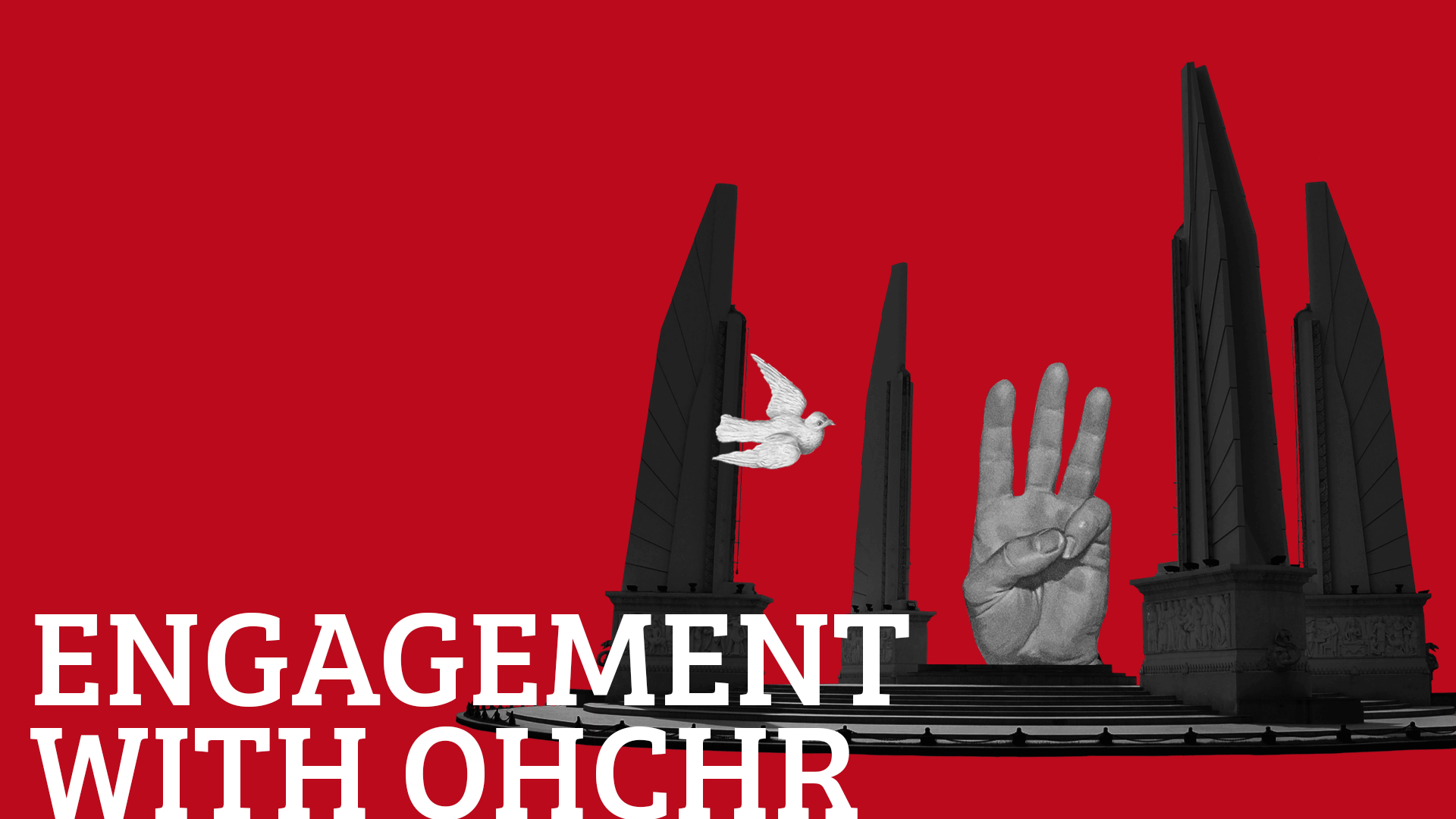
Thaksin's Victory: Personal Success at the Cost of Hope for Lèse-Majesté Reform
The thorny path of this law seems to have become even more difficult to navigate, as the acquittal of a high-profile figure has become a tool to legitimise the law itself.
August 24, 2025
On the day the Criminal Court's verdict echoed, announcing the acquittal of Thaksin Shinawatra, the former prime minister who has been a central figure in Thailand's political conflict for so long, the decision was more than just a legal conclusion for an old case that had been resurrected. It also marked a worrying new beginning for the future of Article 112, Thailand's lèse-majesté law. The thorny path of this law seems to have become even more difficult to navigate, as the acquittal of a high-profile figure has become a tool to legitimise the law itself. 112WATCH offers an analysis in depth on why Thaksin's personal victory may become a significant obstacle to the change that Thai society has long awaited.
In the past, it was not a surprise to hear Thaksin Shinawatra defend Article 112. In one of his broadcasts in Clubhouse, He had clearly stated his position that the law was not the problem and even criticised young people who called for royal reforms, saying they were "ungrateful to the monarchy." These actions and words were widely seen as an attempt to appease the elite and pave the way for his safe return home. As a seasoned politician, Thaksin knew well that to regain a foothold in Thai politics, he had to play by an unwritten set of rules, which included demonstrating loyalty to the nation's core institution. However, fate had a twist in store when he himself had to face an Article 112 charge stemming from an old interview he gave to the Korean media. This situation became a crucial test of his stated position, and the outcome of his acquittal seems to reaffirm the complex relationships hidden behind the curtain of Thai politics. What is even more concerning than the verdict is the narrative that will inevitably follow: "If you're not guilty, you have nothing to fear." This rhetoric will become a powerful tool to allow the Pheu Thai Party and Thaksin's supporters to continue ignoring the need for Article 112 reform. For them, Thaksin's case is the clearest example that if you have not truly committed a crime, the court will acquit you (as if the court in Thailand is not politicised). The decision is being used as a basis to argue that the law itself is not the problem, but rather its misuse—a dangerous notion that ignores the fact that the broad and vague interpretation of this law has made it easy for anyone to be charged and has created a climate of fear in society. Thaksin's acquittal is not proof that the law is just; it is merely proof that in the world of Thai politics, there is an escape route for some.
What is even more concerning than the verdict is the narrative that will inevitably follow: "If you're not guilty, you have nothing to fear." This rhetoric will become a powerful tool to allow the Pheu Thai Party and Thaksin's supporters to continue ignoring the need for Article 112 reform. For them, Thaksin's case is the clearest example that if you have not truly committed a crime, the court will acquit you (as if the court in Thailand is not politicised). The decision is being used as a basis to argue that the law itself is not the problem, but rather its misuse—a dangerous notion that ignores the fact that the broad and vague interpretation of this law has made it easy for anyone to be charged and has created a climate of fear in society. Thaksin's acquittal is not proof that the law is just; it is merely proof that in the world of Thai politics, there is an escape route for some.
Even though Thaksin was an influential prime minister widely respected abroad, he must know how the international community views the Article 112 issue. His extensive travels and time living in many countries have given him a deep understanding of international standards for freedom of expression. He knows the law needs to be reformed, but in the end, the personal and family interests he must protect, as well as the deals he made to return safely, are far more important than any ideology. All of this leads to the clear conclusion that Thaksin or the Pheu Thai Party will never seriously push for this law's reform, as it would be an exchange that requires them to sacrifice what they have. And what has just happened only strengthens this conclusion.
We would like Thaksin to consider one small thing: the concept of “love.” The entire nation can see how much he loves his daughter from the photos and words he expresses. But while his daughter enjoys freedom and the right to live a normal life, or even the privilege of becoming a chosen prime minister, many young people are in jail because of Article 112. Those youth also have parents, and their parents must love their children no less than Thaksin loves his daughter. A true leader should be able to empathise with the suffering of the people and be willing to help solve the problems that truly plague society, not just the ones that affect them personally. But it is likely difficult to expect this from a leader like Thaksin, a person who thinks of himself and his family first.
Thaksin's acquittal from the Article 112 case may be good news for him and his supporters, but from another perspective, it is a confirmation of the status of a law that continues to create conflict in Thai society. This decision has built a new wall that is difficult to break down, making the future calls for reform seem dishearteningly powerless. It is time for the Pheu Thai Party to reconsider its position, not just for the long-term progress of the country but to demonstrate its responsibility as a government that should listen to the voices of all its people and not leave anyone behind simply because a law is being used as a political tool.
Banner: File photo, 2025, Prachaya Roekdeethaweesab, Shutterstock





